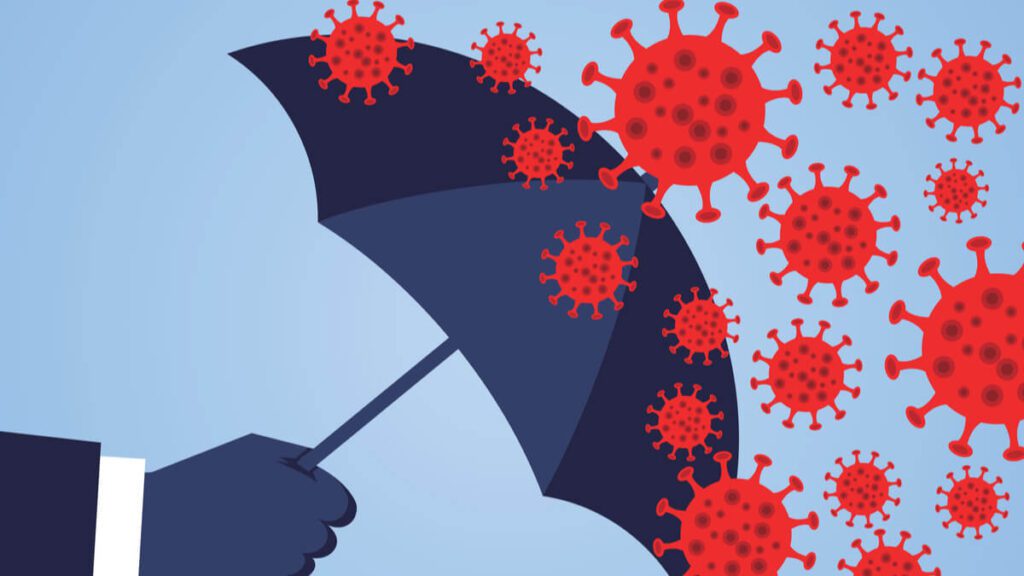
Cultural customs and etiquette
In some cultures, people bow their heads lightly or give a subtle nod of acknowledgement when greeting someone. In other cultures of the world, two people may rub noses or greet by conventional handshake instead.
Countries with more intimate greeting habits such as kissing cheeks, shaking hands or hugging increase risk of transmission quite significantly. In some cultures, these kisses are limited to one, but in other countries like France and Italy a greeting can be expressed in up to four kisses. Will we ever get to touch those we greet again? Clearly not for some time yet, if we want to mitigate the spread of the virus.
Digital data errors
In some instances, data can be lost such as when 16,000 COVID-19 test results went unreported in England because of the use of outdated software for data gathering and storage.
The rising numbers, coupled with the mistrust toward scientific records, makes the situation much less clear. This may lead to more stringent preventative measures than necessary, weakening the economy through extended lockdowns, or increased exposure through a false sense of security.
State power
As mentioned before, there seems to be a positive association between countries with less state control and an increase in Covid-19 cases.
To put it bluntly, in some countries, when the government says stay home, citizens stay home. In others, however, it’s more like a suggestion. One which too many people simply do not adhere to, and law enforcement cannot or will not enforce due to either lack of lockdown rules or corruption and negligence.
Currently the extent of social safety enforcement differs greatly as some countries open their bars to near full capacity, while others have kept them completely closed.